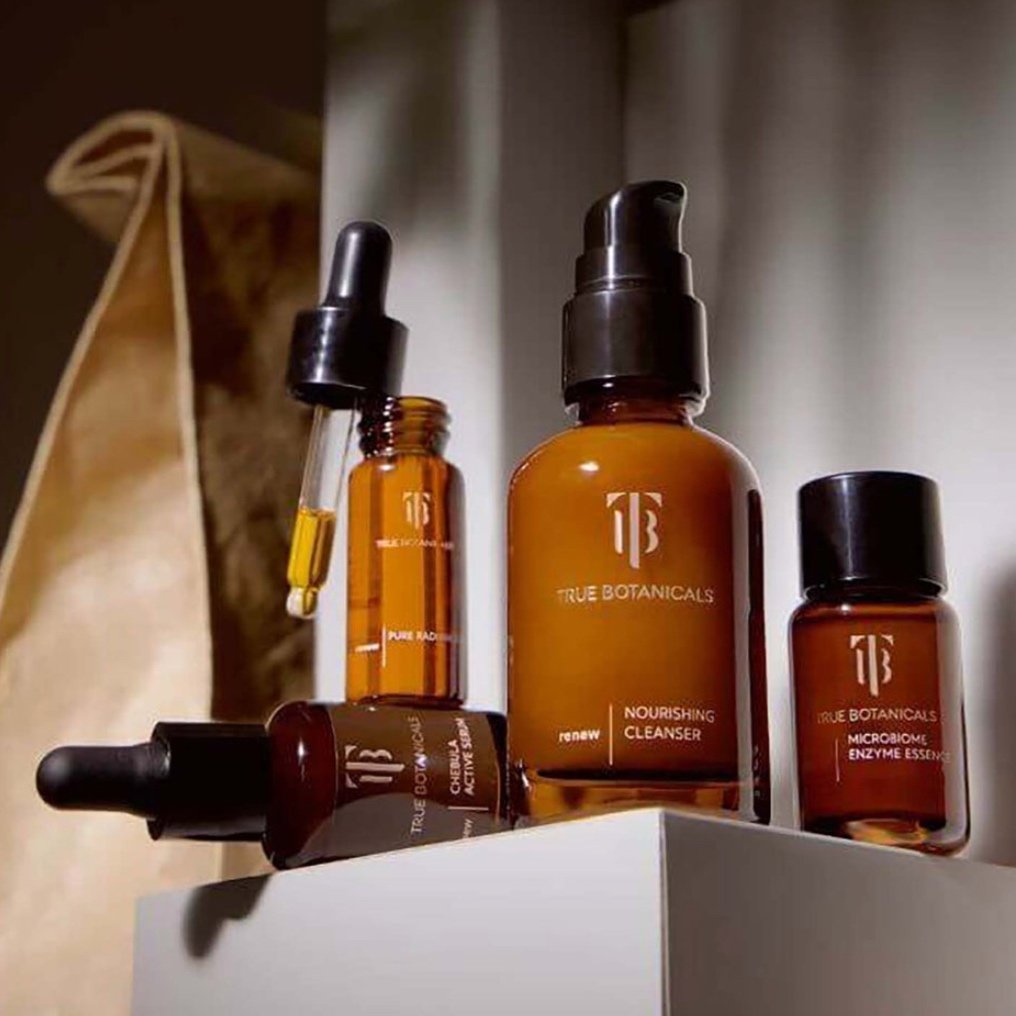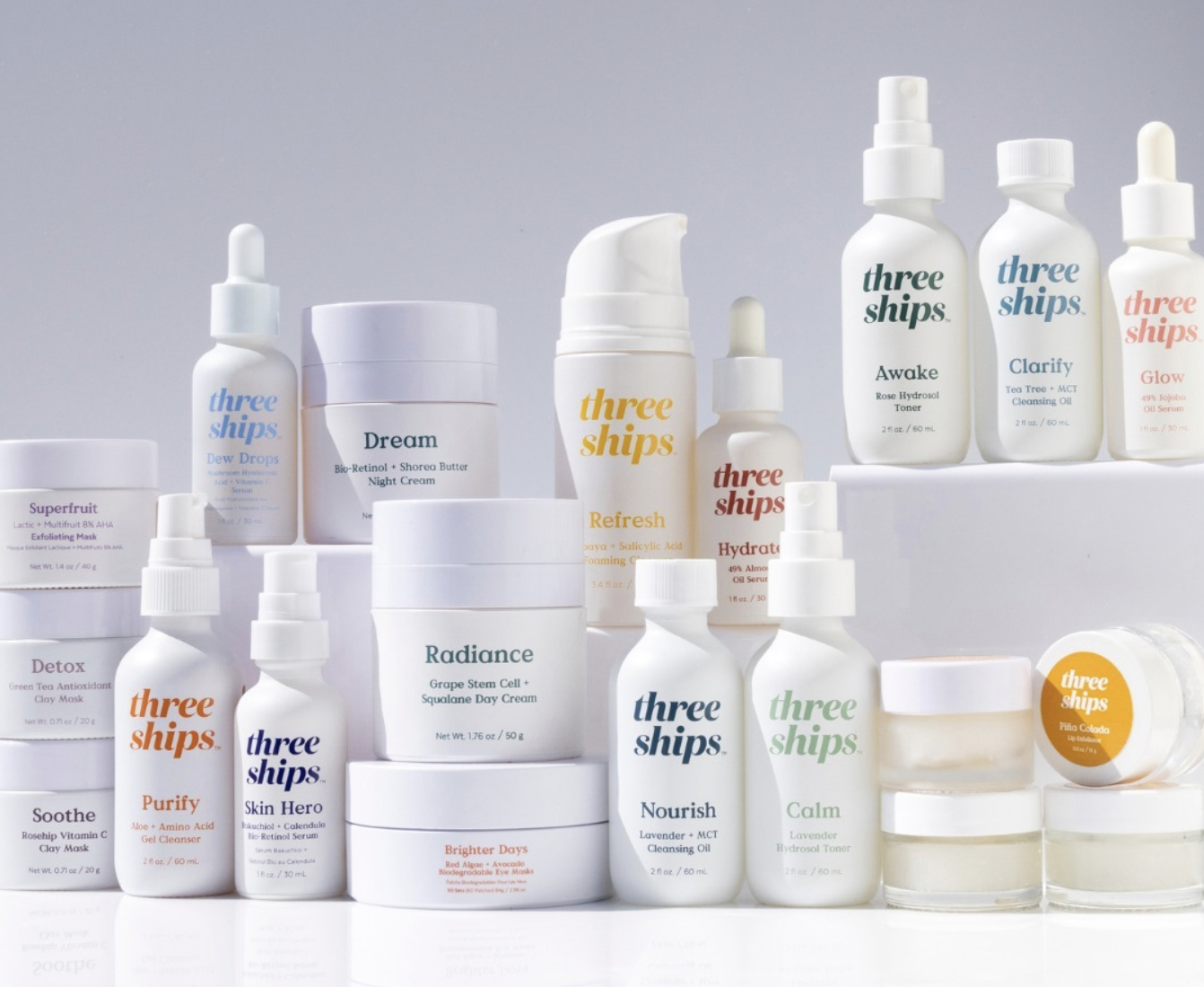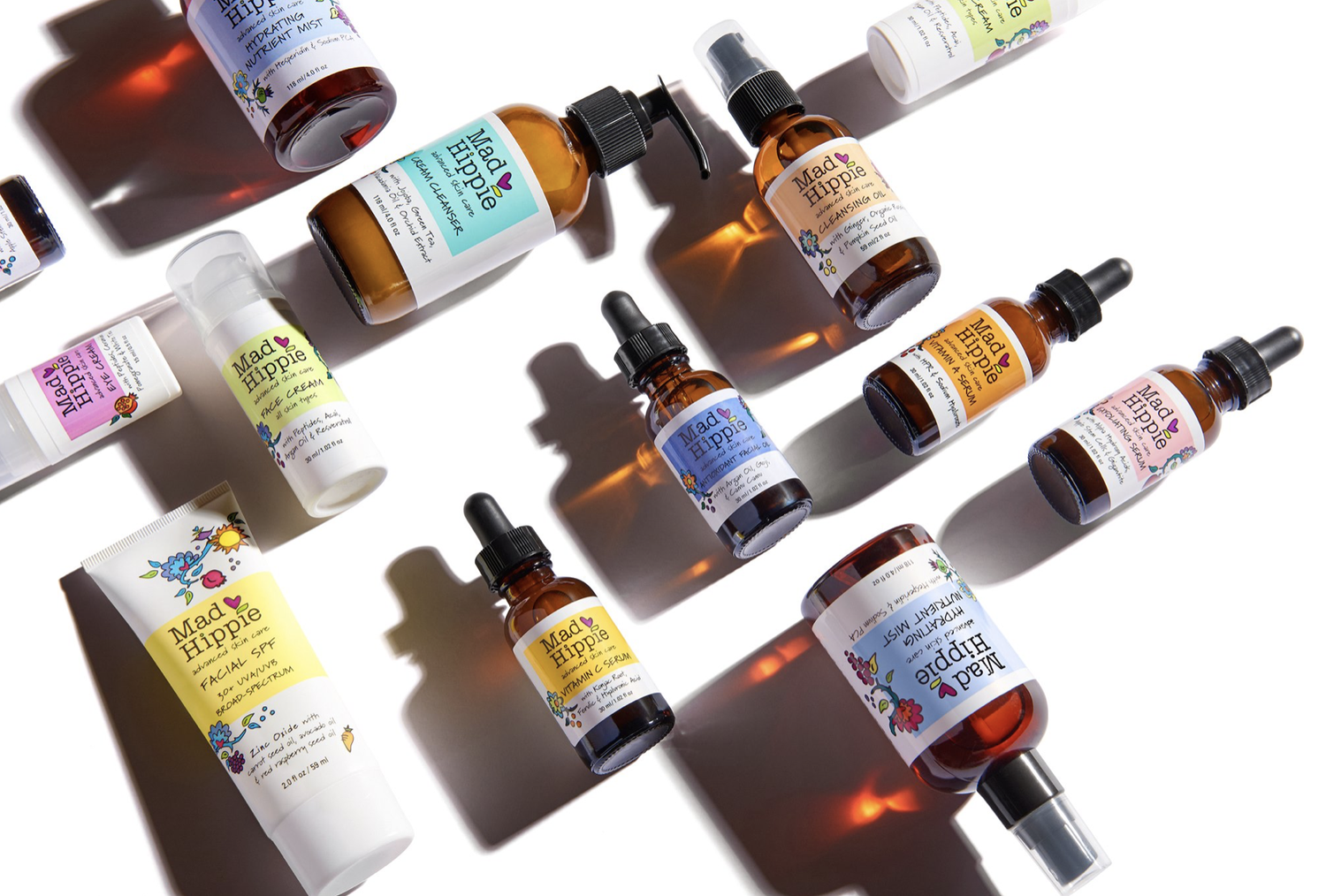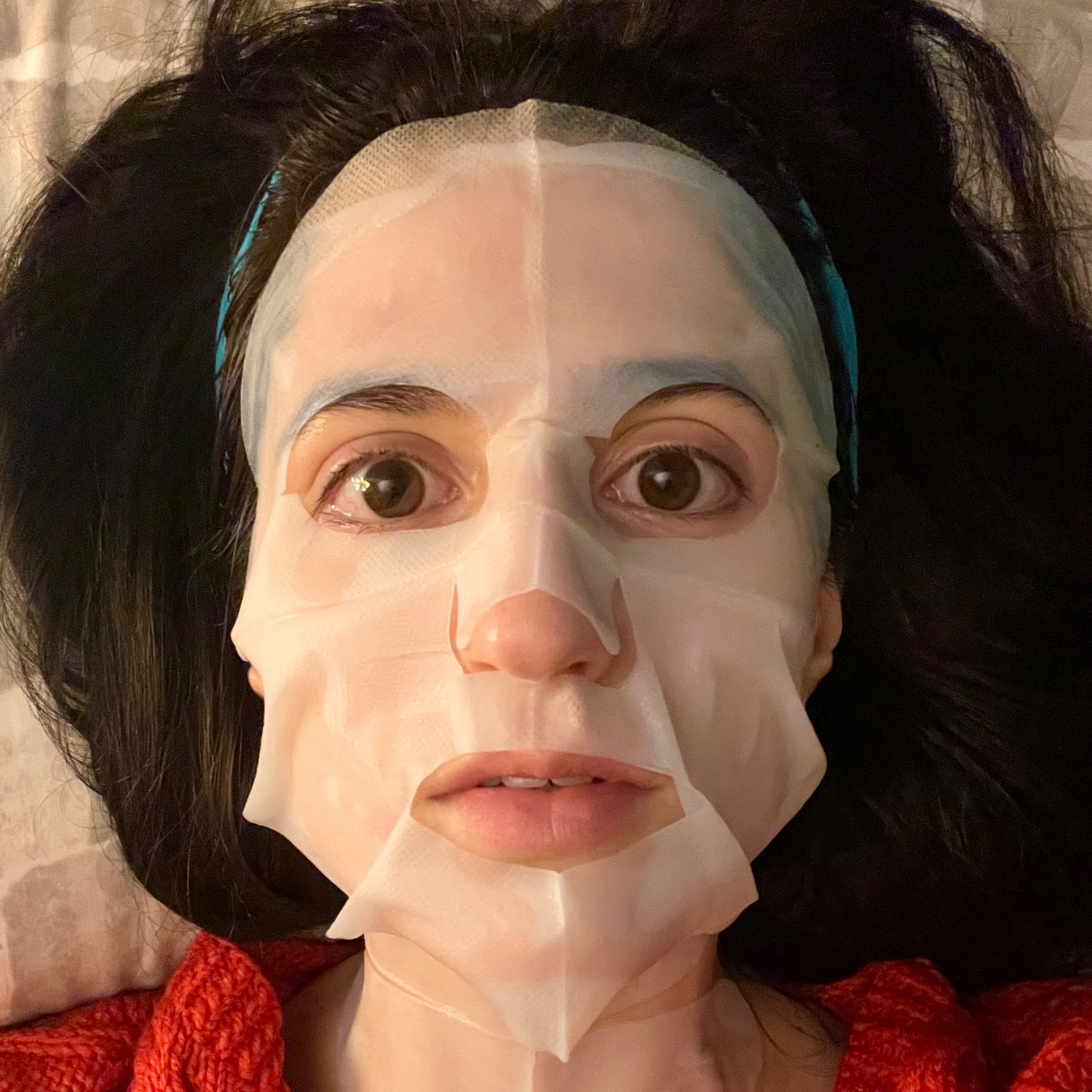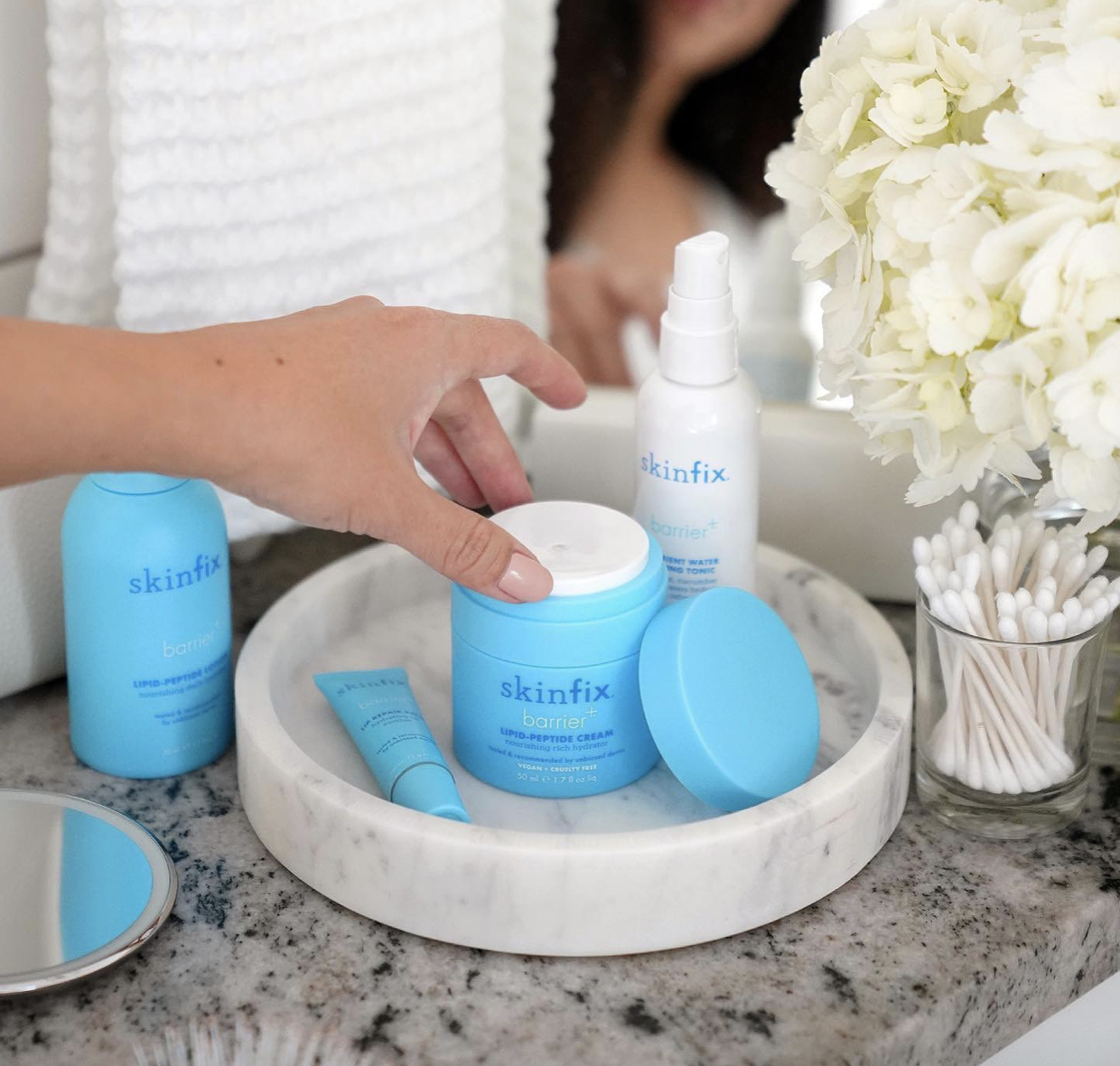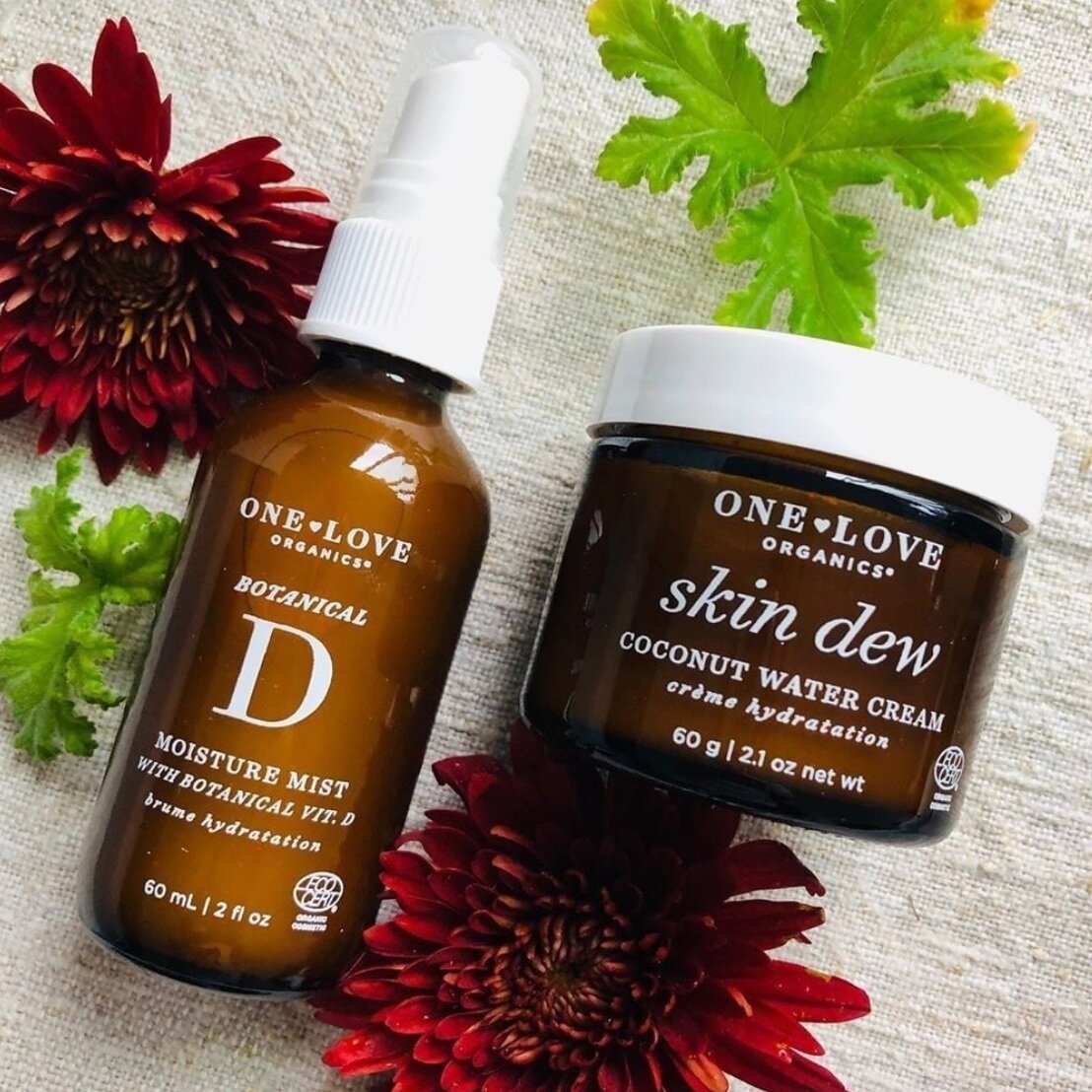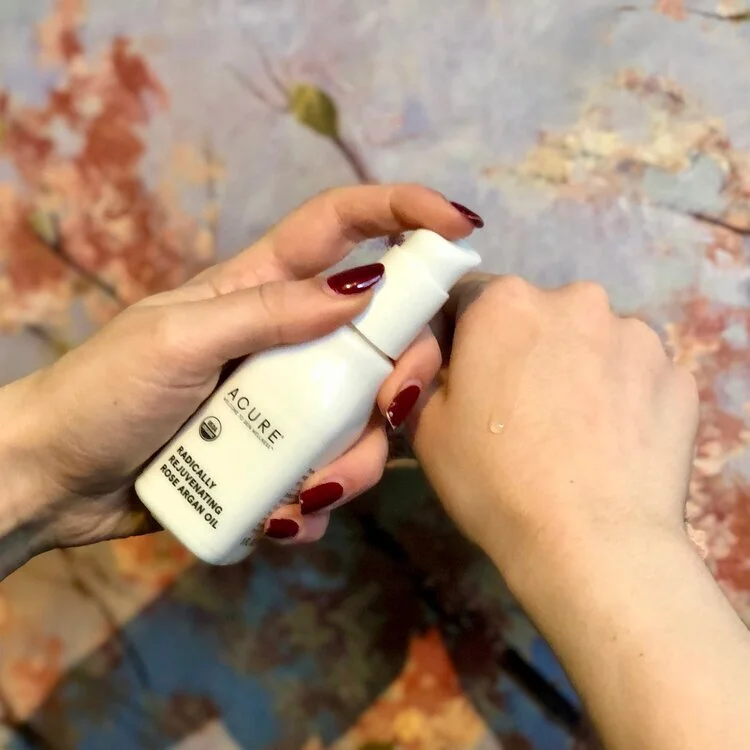Why I Prefer Mineral Sunscreens Over Chemical Sunscreens
When it comes to sunscreen, we have a choice versus chemical blockers, or mineral blockers. I prefer mineral.
Why?
Before we answer that, it’s important to understand what the difference is between both types of SPF.
Chemical Sunscreen absorbs UV rays. These absorbed rays are converted into heat and then dissipate from the surface of the body.
Chemical sunscreens absorb into the skin
Chemical sunscreens generally take 10-20 minutes before they become effective.
The most common ingredients in chemical sunscreens are avobenzone, octisalate, homosalate, oxybenzone, octocrylene, and octinoxate.
Mineral (AKA Mechanical) Sunscreen reflects UV rays.
Mechanical sunscreens lie on top of the skin
Mechanical sunscreens (also knows as sunblock since it physically blocks, instead of absorbs, the UV rays) are effective immediately against UV rays
The most common ingredients in physical sunscreens are zinc oxide and titanium dioxide.
Because mechanical sunblocks lie on top of the skin, there is less interaction between the ingredients in the product and your own body. Chemical sunscreens, on the other hand, may have some of their ingredients be absorbed into the skin due to the nature of product. There have been studies done that show some of the chemicals in chemical sunscreens appearing in blood samples and breast milk.
So… why is chemical sunscreen more common?
First of all, chemical sunscreen formulations are much easier to apply due to some of the stabilizers added to the product. As a result, there are many more chemical sunscreens that don’t leave the dreaded white-cast on the skin, and don’t make your skin look incredibly shiny. Sophisticated chemical formulas can often be easier bases on which to apply makeup, and may even be very easier to rub into the skin.
Mechanical sunblocks, however, are often difficult to apply and leave a visible white-cast to the skin (Hello, Casper the Friendly Ghost!). My mum always jokes that she remembers the “white zinc nose” she sported when going to the beach. This is because the formula, rather than blending into the skin, is a physical blockers that lies on top. Consequently, makeup may not layer as nicely over sunblock, and your skin often ends up looking very shiny.
A common thought about sunscreen is that it can lead to acne and breakouts. Personally, I found this to be the case with the chemical brands I was using before. The severity and the frequency of my acne breakouts lessened when I switched to mechanical brands. Once again, as it lies on top of the skin, the lessened interaction between the product and the epidermal layer of the skin may have been the reason for this.
Another factor to mention is that there have been doubts as to the harmful effects of certain sun-protecting chemicals present in chemical sunscreens (avobenzone, oxybenzone, etc…).
Although there is not enough research about the negative/ positive effects of either mechanical versus chemical sunscreens, I personally prefer to use mechanical versions as I like that it doesn’t interact as much with my skin. With the amount of toxicity and pollution in our daily lives, I welcome anything that doesn’t absorb into my skin, and therefore lessens the potentially harmful things I put on/ in my body.
In the end, whether you prefer chemical or mechanical SPF, the important thing is that you wear it. As long as you are picking a sun protection product with at least SPF 30, you are already ahead of the SPF curve!
For a list of my favourite mineral/ mechanical sunsblocks, click here!
Blocking those Barcelona UVA/ UVB rays!
Bye-bye, sun!
As a quick recap between the types of sun protection:
Chemical Sunscreens
PROS
Generally easier to apply
Generally no white-cast
Generally doesn’t leave skin looking “shiny”
Cons
More interaction with the skin
May lead to acne breakouts
Some chemical SPF ingredients may be harmful
Mechanical Sunblocks
PROS
Less interaction with the skin
Lesser risk of acne breakouts
Cons
More difficult to apply
May leave skin with a white-cast
May leave skin looking shiny
Thank you for reading, lovely! Happy sun protecting!
Don’t forget to follow my Instagram (@sarahfreia) to get updates on every new post!
Did you like what you read? Why not reading something similar:



